“Family has been disappointing,” Aaron said. “We heard all the usual stuff. ‘We’re with you. We’ll be there for you. Anything you need,’ and all that. Now they hardly talk to us, except to say that we should be over this by now.”
Aaron and his wife Stacey longed for children. They tried for years with no luck. They began fertility treatments. After two early miscarriages, they finally maintained a pregnancy into the eighth month.
Then a routine doctor visit revealed that their son Donnie’s heart was no longer beating.
“We were devastated. The pain was and is unbelievable. On top of that, we not only feel alone, but rejected,” Aaron shared.
Family can disappoint us
When loss hits, things change. The death of a loved one can shatter our world and jostles all our relationships, especially those with family. This is natural and common in grief.
We expect support, love, and acceptance from family. The reality may be different. Instead of being with us in our loss, they may try to fix us, help us feel better, or somehow rescue us from our pain.
Here are 5 reasons family can be less supportive than we would like:
1. Our expectations may be too high.
We may have unspoken expectations of family – what level and kind of support they will give, how much they should contact, and how they will behave. If these expectations are high, chances are we’ll be disappointed.
2. They can’t handle seeing us in pain.
Caring family members don’t like to see us in pain. Sometimes our pain can trigger theirs. They can find themselves increasingly uncomfortable. They don’t know what to do or say. Perhaps they end up hurting us. Maybe they disappear. To us it feels like they’re trying to either wound us further or abandon us to our pain.
3. They are uncomfortable with grief, perhaps because they’re not dealing with theirs.
Who likes sadness and grief? Some people act like they can’t handle it, or perhaps don’t want to. Chances are they are not dealing with their own grief and resent you for expressing yours. Your grief surfaces theirs, and they don’t know what to do with it.
Most of us believe some weird things about grief, and your family is no exception.
4. They have expectations on how this should go, and you’re not meeting them.
Everyone has expectations. If you don’t deal with grief the way they expect, some get upset, frustrated, and angry. You feel judged.
Over time, this disconnect with family can grow. The distance between us can widen. Relationships can become estranged or even severed. We experience even more loss.
4. They expect us to get better and be the same people we were before.
We’re not the same, and we won’t ever be the same again. Some family members don’t understand that. They don’t like it. It messes with their world.
5. They expect our relationship with them to be the same.
We’ve been changed by our loved one’s death. Our relationships will change too, one way or the other. Nothing is the same.
These relational changes can be tumultuous, frustrating, and exhausting.
“Some family members don’t understand. I will never stop loving you.”
An exercise to try:
Consider writing a letter (that you will never send!) to a less than supportive family member. Tell them how you feel. Be as honest and as uncensored as possible. Get it out.
Relational upset among family members is not uncommon in grief. Do what you can to grieve responsibly and in a healthy manner.
Adapted from the award-winning bestseller, Shattered: Surviving the Loss of a Child. Watch the Shattered videos here: Gary, Michelle.
Question: Has your family been less than supportive? What has helped you in dealing with this?



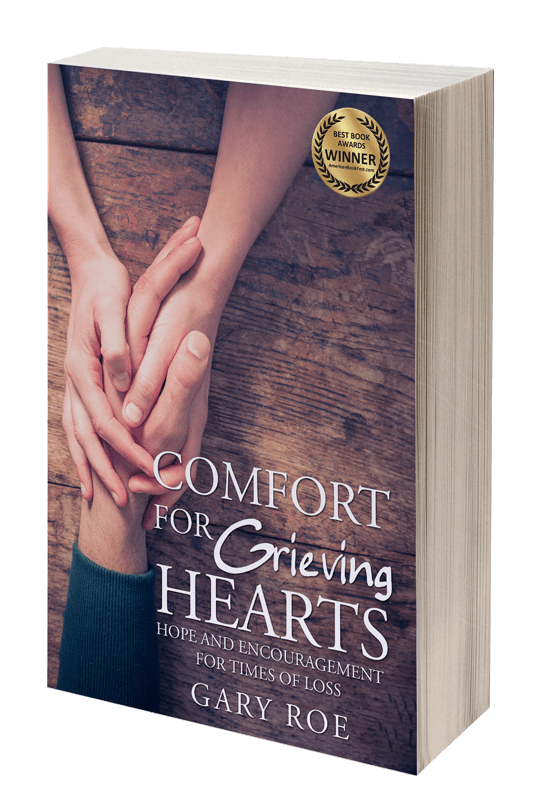
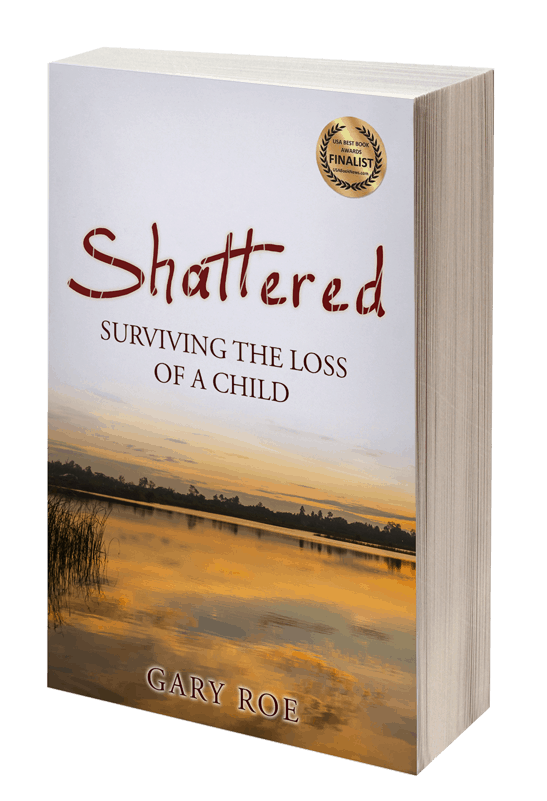
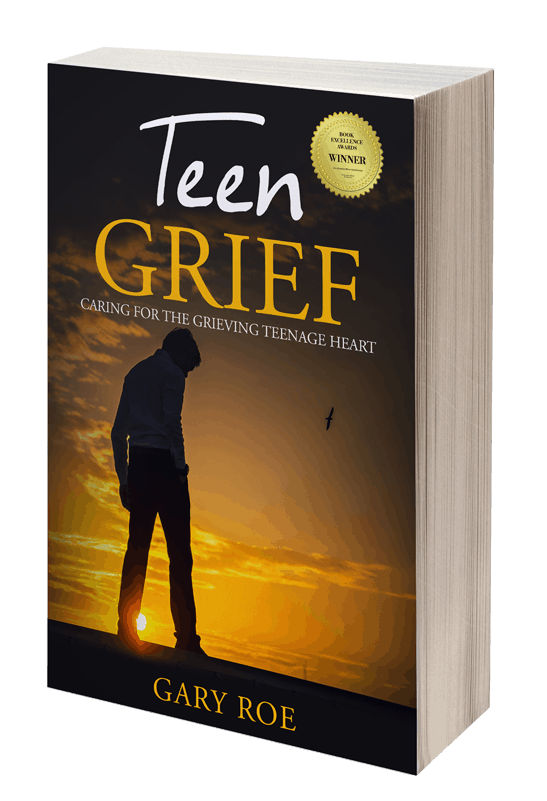
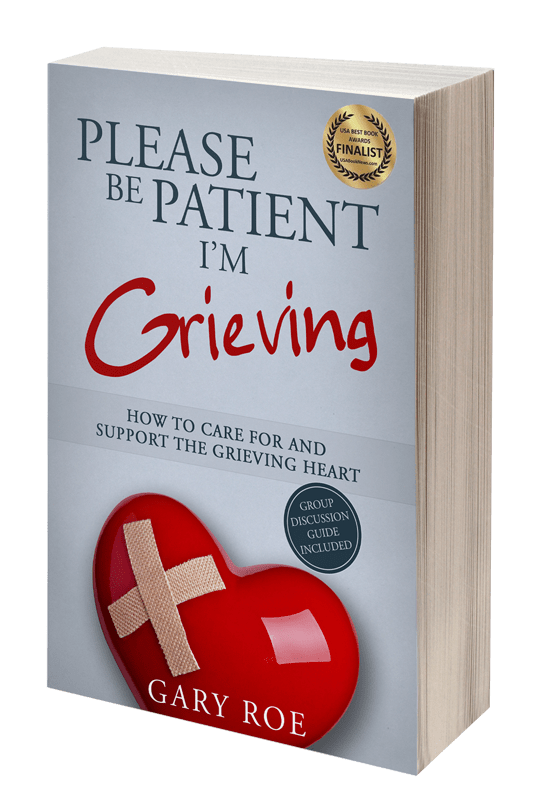
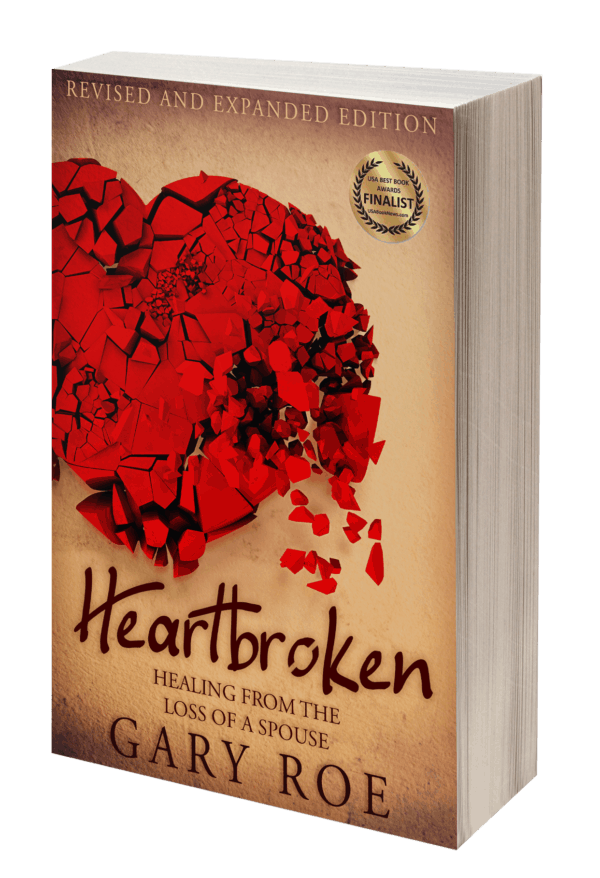
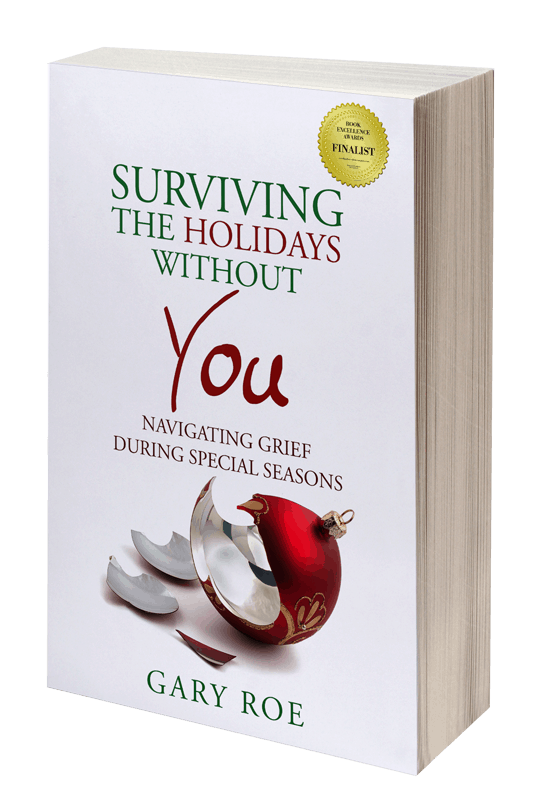
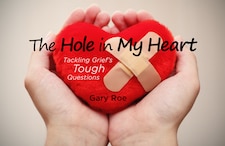
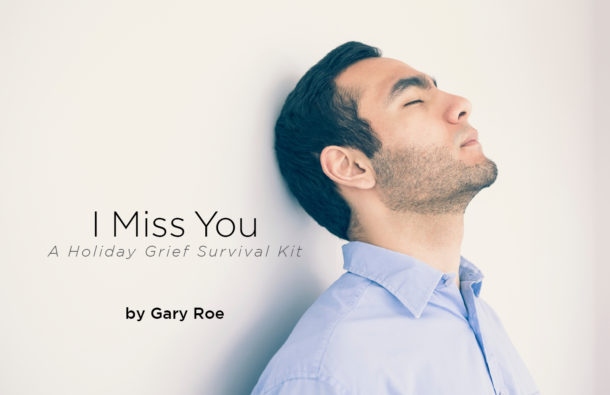
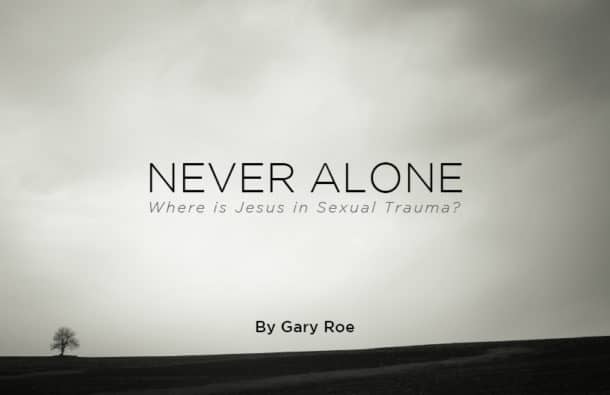

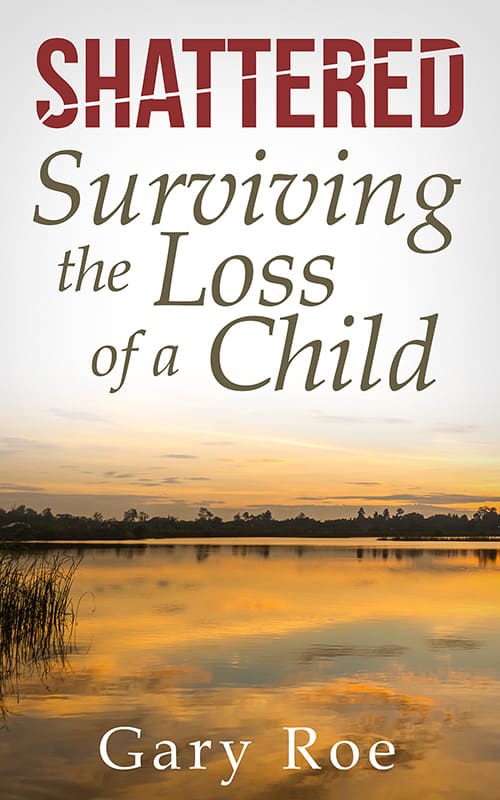
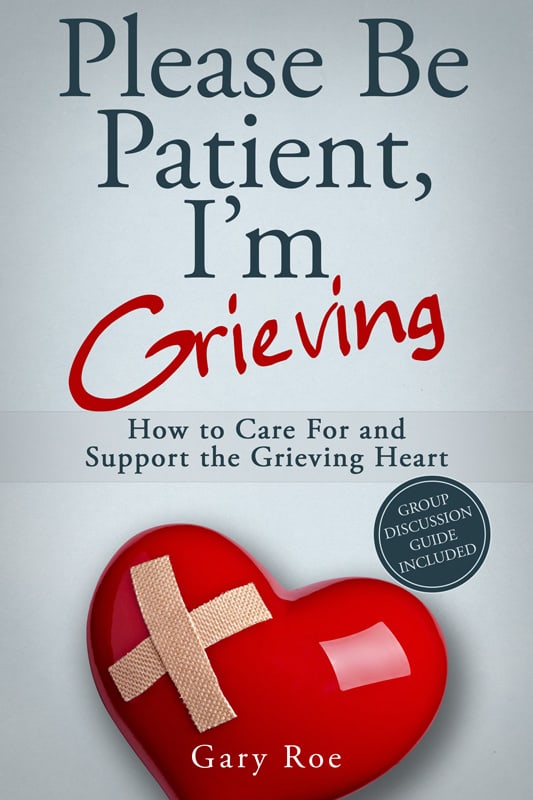
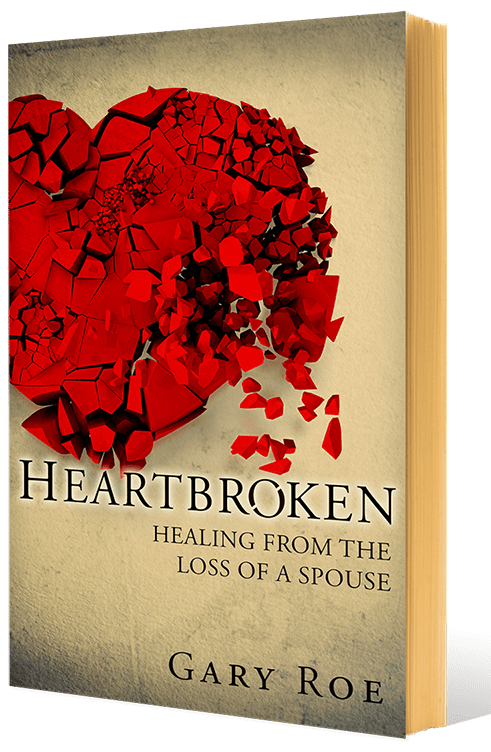
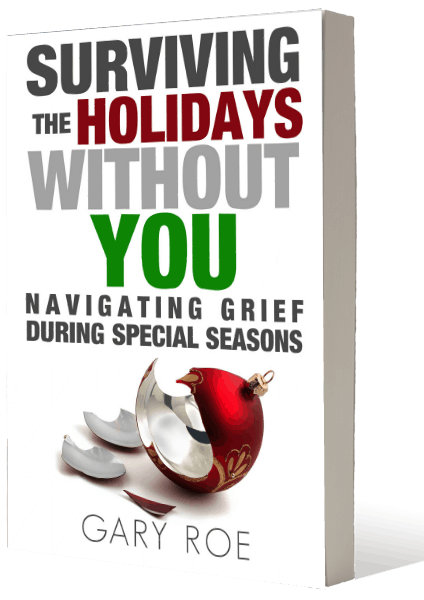
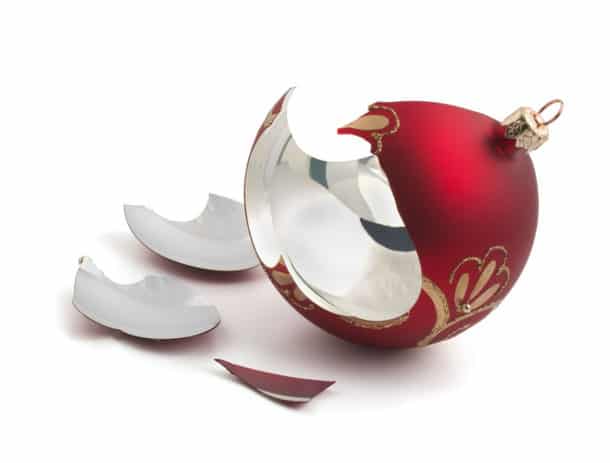
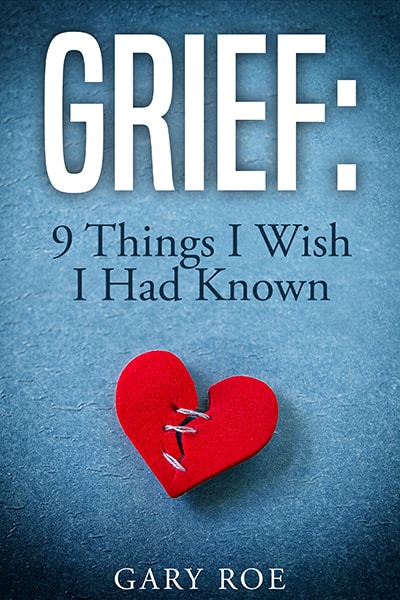
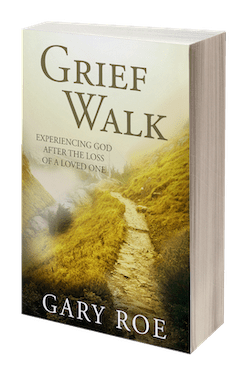
My forever 37 year old son passed two years ago; my Dad passed three weeks ago. After Dad’s funeral, my daughter decided it was a good time to tell me I have two other living children. Not sure where she was going with that (she was in tears), but I heard in my mind that it’s time for me to get over my son’s death & move on. This is hard – not sure what I feel at this time.
Thank you for sharing this. I’m so sorry about your son. And then your dad. And now, this statement from your daughter. Loss and grief can be so complicated, especially in the loss of a child. You’re right. This is hard, hard, hard. Keep in mind that usually what people say to us is more about them than about us. I don’t know what that means in this case. Please be patient with yourself in this.
I had no family to support me through my fiancee’s passing. I am still trying to navigate this grief 2 1/2 years later. In 2016, i lost 4 people..a good friend, MY CHARLES, my daughter’s granny, and my dear friend JR, who actually introduced me to my Charles. I am still not able to comprehend all of their losses in a span of 8 monthes.
HI Dawn. Oh my goodness. It’s a wonder you’re still sane and standing. Thank you for sharing this. Yes, most of us experience other losses flowing from the original loss…but in your case…oh my. If there’s anything I can do for you, please let me know. Please be kind to yourself, Dawn.
This was helpful that what I was feeling is part of this grieving and others are going thru the same and it isn’t just ME. Thanks for posting this here.
Hi Lolly. Yes, we feel alone, but there are plenty of others on this road. Thanks for sharing. If there’s anything I can do for you, please let me know.
As usual with this you are right on. Thanks again Gary! Keep up the great work! Continued success in 2019 and onwards! Looking forward to your next installments!
Hi Sylvia. Thanks for this. You made my day! I appreciate your encouragement and support. Please feel free to share anytime, Sylvia.
Your explanation of grief are spot on. I have a few really good friends who understand and support me. I have 1 sister who is so down right mean and condescending I have cut all contacts with her. Helps me but again another loss.
Hi Gina. I’m so sorry. You’re right. It’s another loss. If there’s ever anything I can do for you, please let me know. Praying for you now. I’m so glad for those friends of yours!
How can we set our expectations I’m a healthy way?
HI Barb. What a great question that is. It’s worth a post all on its own. Let me think about this. The first thing that comes to mind are the two companion questions, “What would be healthy?” and “What is realistic right now?” But then the navigation between those two is so individual. Thanks again for this question.